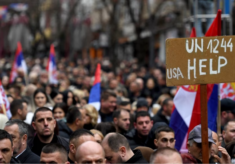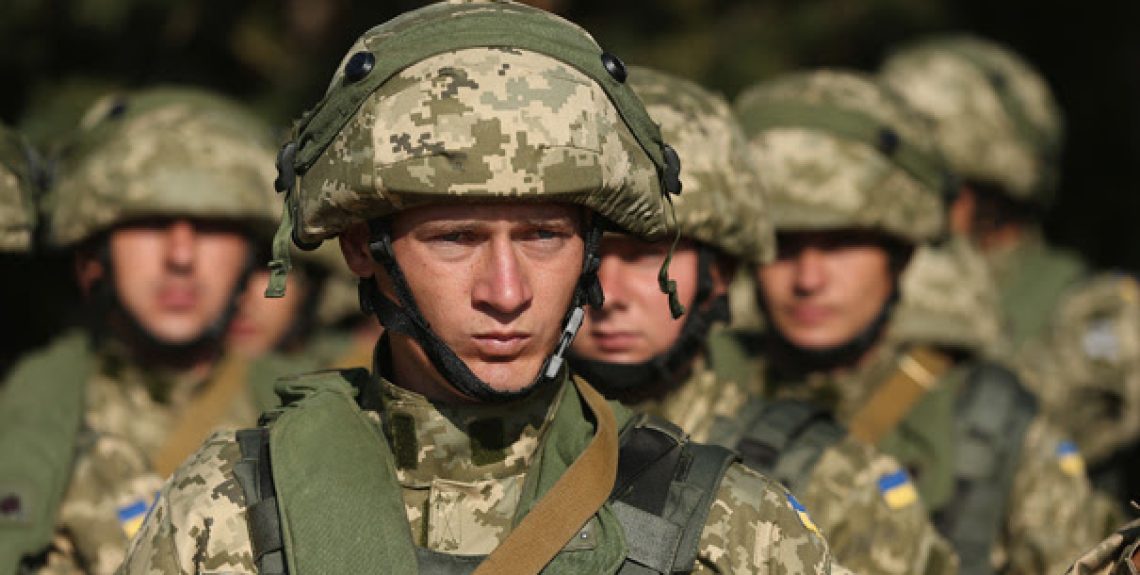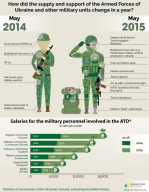
Archive
JANUARY
AUGUST
OCTOBER
DECEMBER

 The theoretical and operational knowledge from NATO and military knowledge originating from the Soviet legacy are mutually exclusive and therefore many senior officials are hindering a complete and thorough doctrinal overhaul or revision of the Ukrainian military. Following the old-fashioned Soviet system, operational instructions are sent hierarchically from the top down, whereas according to NATO standards operational orders during exercises and on the actual battlefield tend to be transmitted through a coordinated and horizontal ‘neural’ network scheme involving everyone from the simple soldier to the highest echelons of the army.
The theoretical and operational knowledge from NATO and military knowledge originating from the Soviet legacy are mutually exclusive and therefore many senior officials are hindering a complete and thorough doctrinal overhaul or revision of the Ukrainian military. Following the old-fashioned Soviet system, operational instructions are sent hierarchically from the top down, whereas according to NATO standards operational orders during exercises and on the actual battlefield tend to be transmitted through a coordinated and horizontal ‘neural’ network scheme involving everyone from the simple soldier to the highest echelons of the army.Share on
JANUARY
AUGUST
OCTOBER
DECEMBER